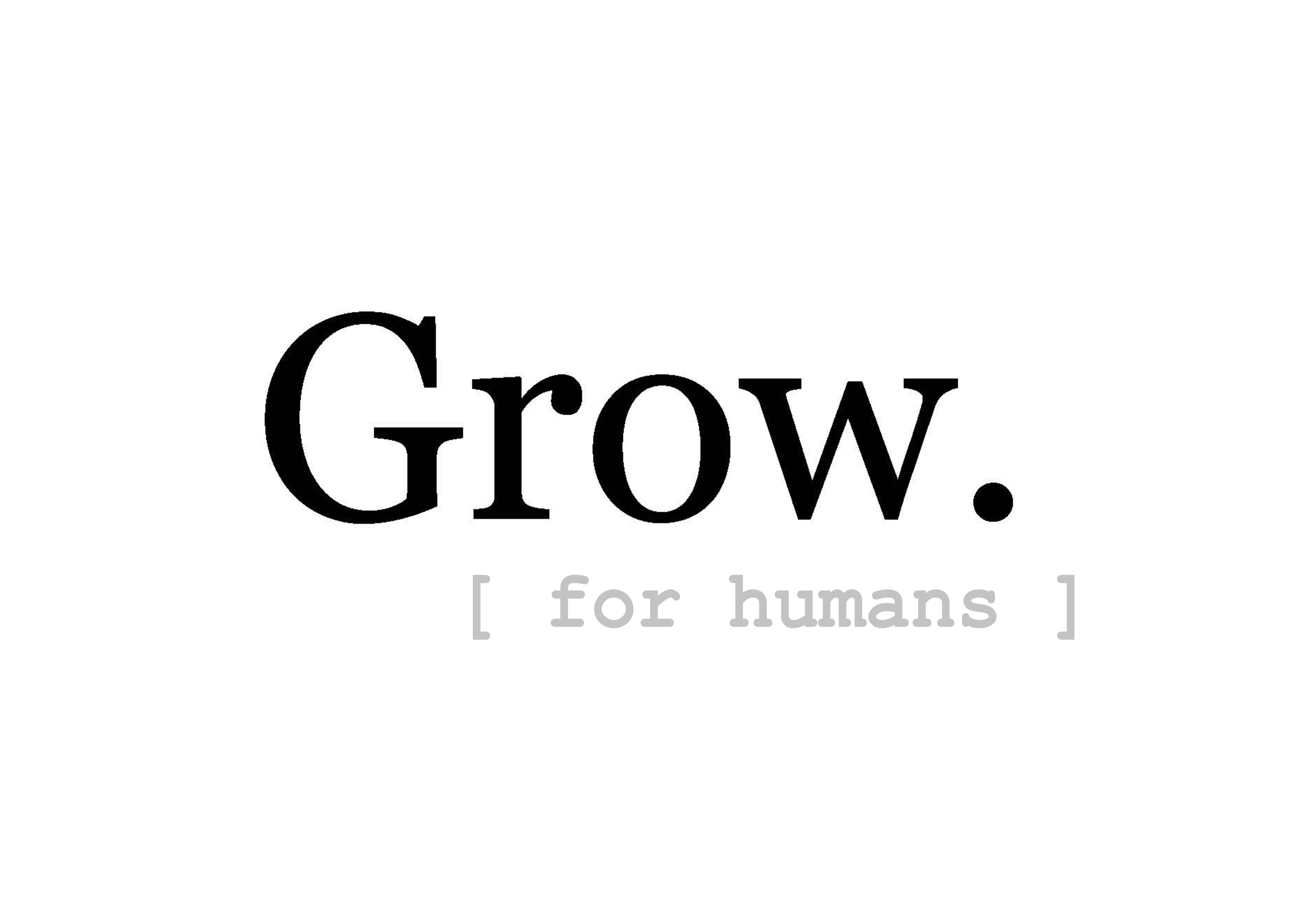
There are so many different counselling & psychotherapy services…
The BACP (The British Association for Counselling and Psychotherapy) lists a total of 32 different therapeutic approaches on their website, from Adlerian Therapy to Transpersonal Therapy. All these different types of counselling and psychotherapy services seem to offer different techniques, follow different models, and work with clients in different ways. As someone looking for a counsellor or psychotherapist, this can be overwhelming, bewildering and sometimes enough to put them off the idea altogether. Having qualified as a BACP registered counsellor, I still sometimes struggle to understand what the differences are! Perhaps you have been brought to this page because you are looking for a counsellor, and the question you are facing is, “Which counsellor should I choose?” Hopefully this article will help.

What Types of Counselling Services are there?
There is a lot of overlap between the main types of counselling and psychotherapeutic treatment, but generally, there are behavioural therapies, which focus on human behaviour and how it can be altered; psychoanalytical and psychodynamic therapies, which tend to focus on the unconscious, through looking at dreams and the imagination and childhood experiences; humanistic therapies, which focus on offering unconditional positive regard to the client as well as focusing on the body and what is happening in the present moment, arts therapies, which use creative arts to help people to process and heal from trauma and couples counselling, which helps people in relationships to resolve conflicts and problems.

What Type of Counselling Service is the ‘Best?’
There is no real way of telling whether one type of counselling may be better than another. Some however might be more suited to you. A lot of the time, people enter counselling without knowing what their counsellor’s modality is. I think it is important to find this out. This is not ‘one size fits all’. You may be someone who responds well to art therapy, or perhaps you simply want an open space with a trusted listener. There has been a lot of research into which therapy is most effective, and the results tend to point to one important factor: the relationship between the client and the counsellor. It turns out that it doesn’t matter what modality the counsellor or psychotherapist follows: it is the relationship between them and their client which really helps.

What’s the best way to find a Counsellor that’s right for me?
- Make sure that the counsellor you choose is a member of a recognised association, such as the BACP or UKCP. This way, they have to adhere to certain levels of service, and abide by certain principals and ethics. You can search for a member counsellor in your area on either of these association’s websites.
- Meet with the counsellor for an ‘Initial Assessment’ for at least one session before committing to future sessions to ensure there is the right kind of chemistry between you: is this someone you feel comfortable and safe with, but at the same time someone who can challenge you when necessary?
- Ensure that you are clear about how long sessions are, how much they cost, how often they happen and when your counsellor takes holidays. Also find out what happens if you need to miss a session. Agreeing to working together is often called ‘contracting’. Make sure you feel comfortable with the agreement.
- Find out what sort of information the counsellor will be keeping about you: will they be taking notes? Will they be speaking about you with a supervisor? How will they be protecting your confidentiality? When might they need to break that confidentiality?
- Where / how will you be meeting? If online, what software will you be using? Some softwares are more secure than others, so do your homework! If you are meeting in person, is it somewhere that you feel safe and that is easy for you to get to?

How Much Does Counselling Cost? …and what if I can’t Afford it?
In the UK, counselling usually costs somewhere between £40 – £60 per hour, depending on the geographical area you live in and the amount of training the counsellor has undertaken. If you cannot afford this, there are both national and local charities that offer free counselling. In Bedfordshire, if you are between the ages of 13 – 25, you can get 12 free sessions at Bedford Open Door. Nationwide, you could contact Relate if you are looking for relationship support, or Mind, a national mental health charity. Alternatively, you could contact the NHS, who may be able to offer you some free sessions, although this support is unfortunately limited.

What type of Counselling Service is offered by Grow?
I am an Integrative Transpersonal Psychotherapeutic Counsellor. Integrative Counselling looks at the whole person: mentally, physically and emotionally. It takes techniques from different modalities, meaning that I can choose the approach that best serves you. Transpersonal therapy places emphasis on the importance of spirituality, meaning and purpose in life. You can find out more about what to expect by clicking here. Alternatively, you could contact me today to arrange an initial meeting, either online or in person.
